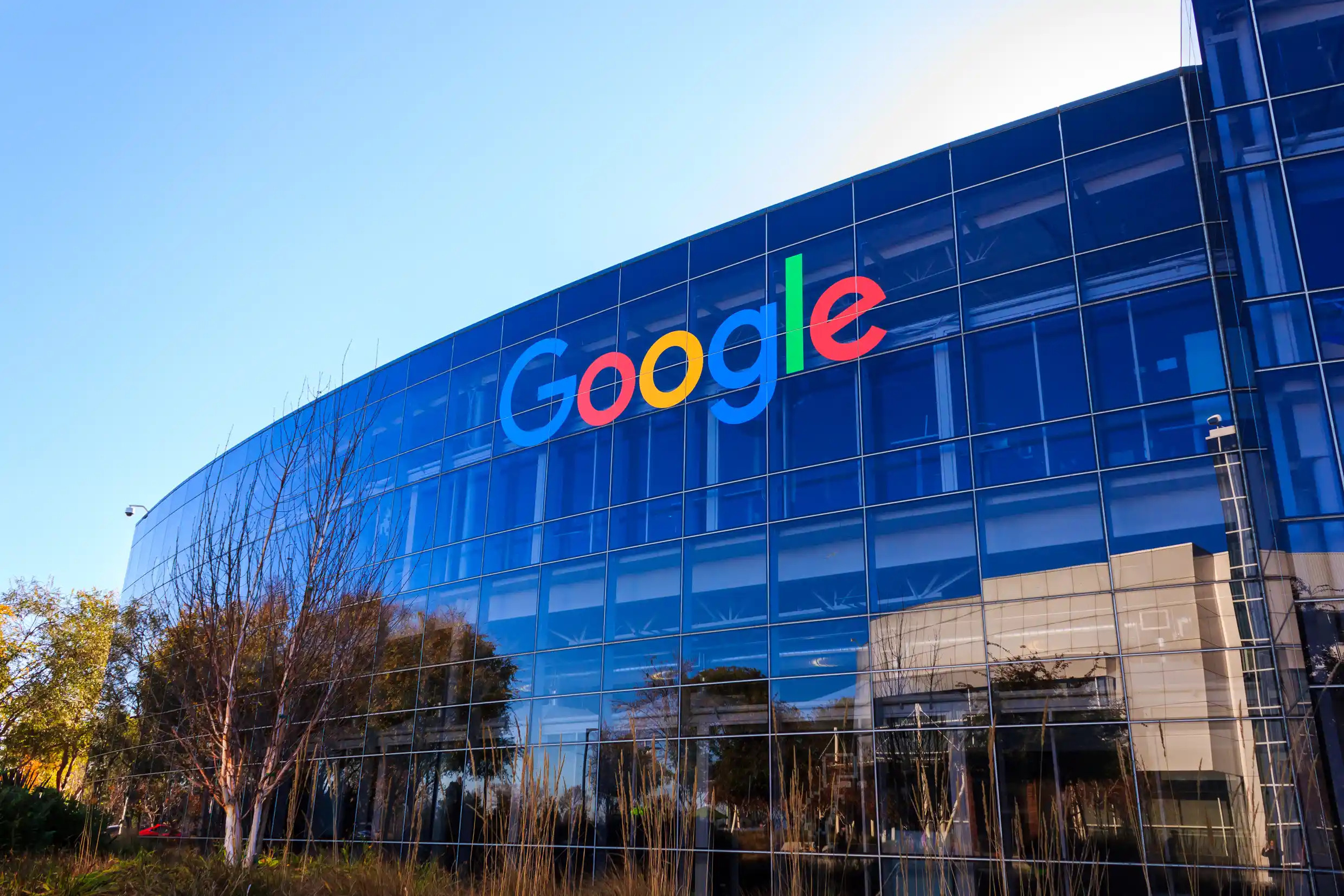Google Settles For $700M, Tweaks App Store To Settle With 50 States
Google settles for $700M in a landmark antitrust case, agreeing to significant changes in its Play Store policies and practices, impacting developers and consumers alike.
Author:Paula M. GrahamReviewer:Rhyley CarneyDec 20, 202310.5K Shares211.5K Views

On December 11, a significant decision was made against Google, marking a milestone in the ongoing antitrust saga surrounding its Google Play app store. A jury found that Google maintained an illegal monopoly, a verdict that favored Epic Games in their case against the tech giant. This ruling comes on the heels of a settlement reached in September with all 50 state attorneys general as Google settles for $700Mand makes several adjustments to its app store operations in the United States.
The Settlement Breakdown
The settlement, detailed in a comprehensive 68-page document, involves a payout of $700 million from Google, which equates to approximately 21 days of its operating profit from the app store alone. This sum includes $629 million allocated to consumers who may have overpaid for apps or in-app purchases, $70 million for states to use at their discretion, and $1 million for settlement administration.
A slew of operational changes are also part of the agreement. For varying periods, Google will:
- Permit the installation of third-party apps outside of Google Play for seven years.
- Allow developers to offer an alternative in-app billing system alongside Google Play's system for five years.
- Abstain from requiring developers to offer their best prices exclusively to Google Play customers for five years.
- Not enforce simultaneous release or feature parity for titles on Google Play and other stores for four years.
- Stop obligating companies to exclusively feature Google Play on phones or home screens for five years.
- Permit OEMs to preload third-party app stores without seeking Google's consent for five years.
- Enable third-party app stores to update apps without user approval for four years.
- Allow sideloaded app stores to utilize its APIs and feature splits for four years.
Additionally, Google will modify its sideloading warning prompts and enable developers to inform users about better pricing available elsewhere. These and other changes, however, come with expiration dates and are viewed by some as not sufficiently impactful.
Industry Reactions And Legal Implications
California Attorney General Rob Bonta, a key figure in this settlement, highlighted the significance of the agreement in holding Google accountable for its business practices. He stated, “When you’re large and you have a lot of leverage and power, I think there’s a lot of temptation to use it to pad your profits, and generate as much revenue as possible.” Bonta’s focus is on sending a message to Google and other corporations about respecting antitrust laws. His comments come at a time when his political career is gaining momentum, with potential aspirations for the governorship in 2026.
In contrast, Epic Games CEO Tim Sweeney criticized the settlement, calling it “an injustice to all Android users and developers.” He elaborated, saying it “endorses Google’s 30% monopoly rent imposition, by replacing the anticompetitive Google Play Billing tie with a new anticompetitive Google-imposed ‘user choice billing’ tie which adds a useless 26% Google Tax for payments they don’t process.”
Google's spokesperson Dan Jackson defended the company's stance, asserting that the settlement will roll out "User Choice Billing" more broadly, providing developers and users with more options. This perspective is echoed in Google's official statements, emphasizing their commitment to flexibility and choice for Android users.
Broader Implications And Political Context
The settlement is not just a financial blow to Google but also a directive to alter its business practices significantly. It is part of a larger narrative where tech giants are increasingly scrutinized for their market dominance and practices. Politicians like Bonta are using these cases to position themselves as watchdogs over Big Tech, a stance that resonates with their constituents and aligns with their political ambitions.
The settlement is set for review by Judge James Donato on February 8th, coinciding with discussions in the Epic v. Google case. This period marks a pivotal time in the tech industry, with potential ripple effects across app stores and digital marketplaces.
Conclusion
In conclusion, Google's settlement with the 50 states represents a significant moment in the ongoing debate over antitrust laws and tech industry practices. While it offers some changes to the Google Play store's operations, the true impact of these concessions remains a topic of debate among industry experts, developers, and political figures. As the tech industry continues to evolve, such settlements and legal battles will undoubtedly shape its future trajectory.

Paula M. Graham
Author

Rhyley Carney
Reviewer
Latest Articles
Popular Articles